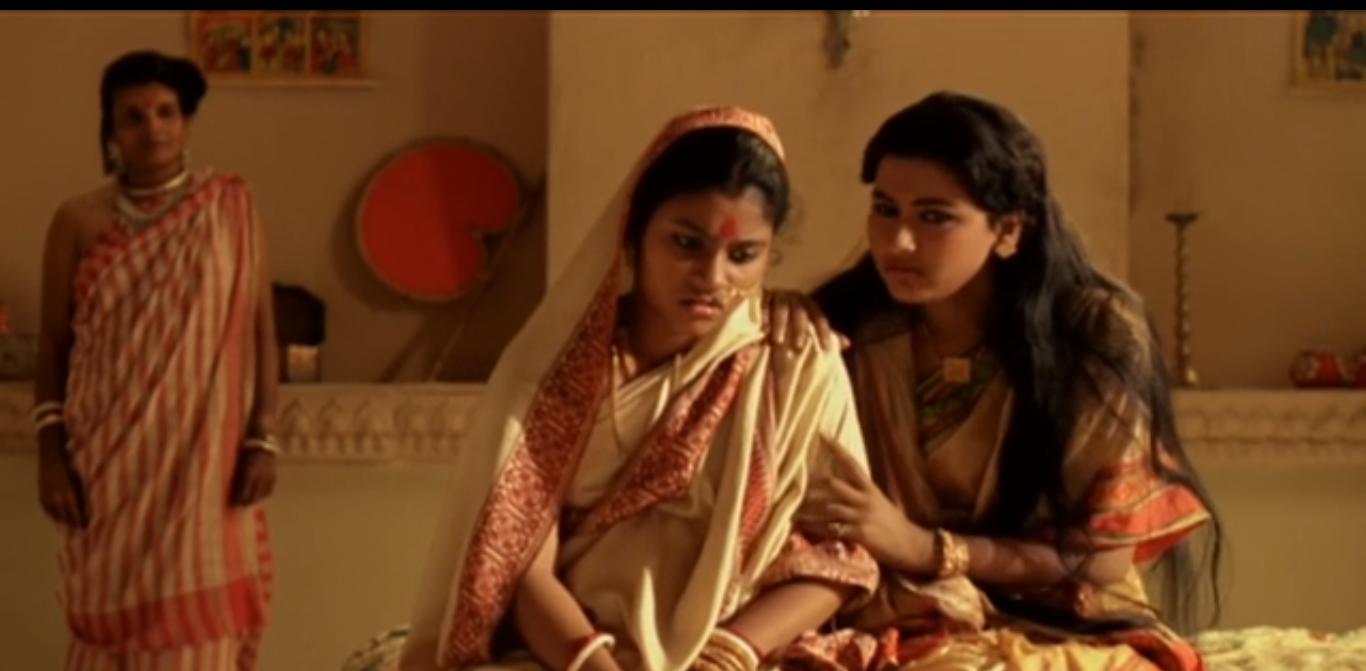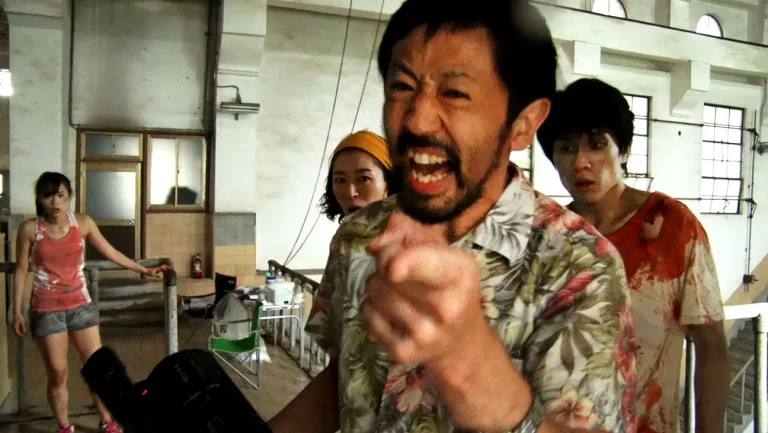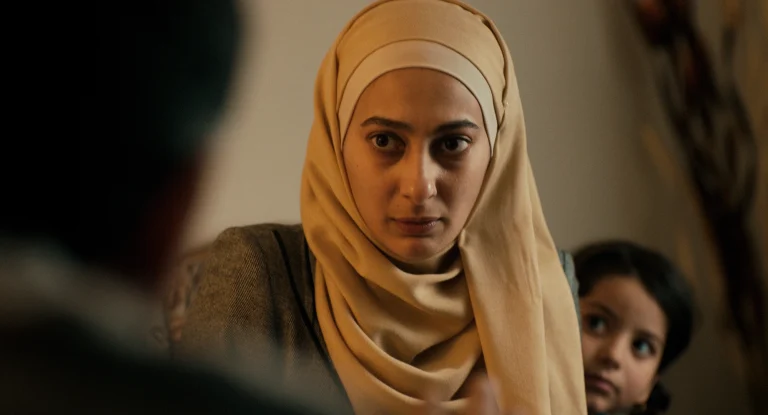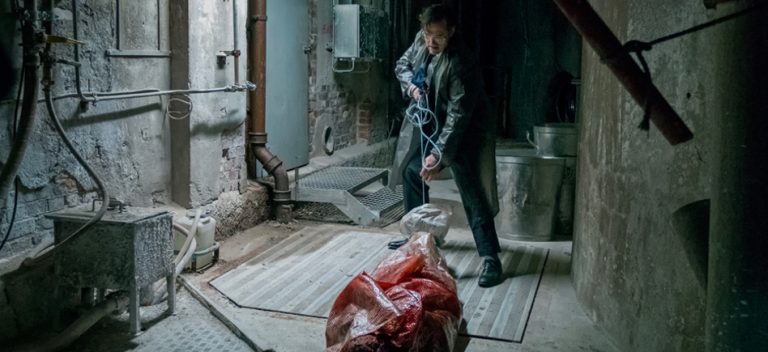I don’t know much about Chidananda Das Gupta except that he made seven films and that he was a renowned film critic. He also happens to be the grandfather of Konkona Sen Sharma, one of the most elegant actresses working today in India. He was also a Brahmo Samaj missionary in pre-independence India. His last and the most well-known directed film Amodini represents him as a man and as a filmmaker: the lyrical mastery has been marked by and the visual elegance of performative expression. But that doesn’t make the film any less angry.
“Amodini” is a sharp tale of a wealthy Brahmin landowner’s teenage daughter in 18th century Bengal, all set to wed another rich Brahmin. But when the groom doesn’t turn up at the wedding, she is compelled to marry her 15-year-old servant who she throws away from her house in disgust and intolerance. The film is a complexly observed drama that ridicules the Brahmanical ideologies with deft precision. The Kulin Brahmin families of Bengal used to marry off their girls (who were mostly young) early with often too old, sick men. The men were often brutally toxic, keeping many wives. They asked for questionable dowry prices from the poor fathers. By actually interweaving the instances into the narrative coupled with a tale of revenge replete with period melodrama and refusing to click ‘woke’ buttons, the Bengali film becomes an achievement to witness.
Humor drives the proceedings of Amodini- even the name Amodini means someone who revels in indulgences. The film has both the literal, definitive humor – the kind that would almost feel exotic and also a sensibility of satire that unfolds in a creeping manner. The film starts with an animation of two Brahmins discussing the importance of sub-castes. Early on in the film, a rich landlord ponders whether a time will come when he will have to dress up like a Britisher.
Small details and antiquity derive the film’s essence and extract a screenplay finesse from it. The film also carries brilliant performances, mostly from its women. Aparna Sen delivers a fantastic early cameo as a Muslim mistress representing a difference in cultures. Konkona Sensharma is enchanting as a pregnant stepmother and the wife to a man desperate to get a son. The late Pijush Ganguly steals the show as a man exploited by time. But the finest performance of the film belongs to the spectacular Rachana Banerjee: look at her wailing for her despairs to the melody of Vaishnava music, which funnily enough, is utterly misogynistic. I had a good laugh when she shouted, “Haraamzada” (bastard) in an accentuated way. She represents the film’s female characters and lives up to the task- and how beautiful does she look!
Related to Amodini – Bulbbul [2020] Netflix Review: An Attempt to Break Prisons
The film hasn’t aged perfectly – the dream sequences and unnecessary use of production design that revels in fantasy is something I didn’t buy into. At a point, the film seems confused as to what it wants to profess and what it doesn’t require to highlight – resulting in a confounding third act. But despite these quibbles, I enjoyed Amodini and it made me think of the state of women in a country that ridiculously wants to be called the ‘World Teacher’. We need directors like Chidananda Das Gupta in India of 2020.







